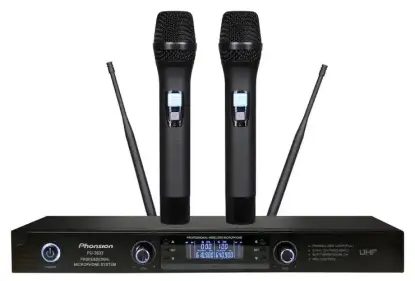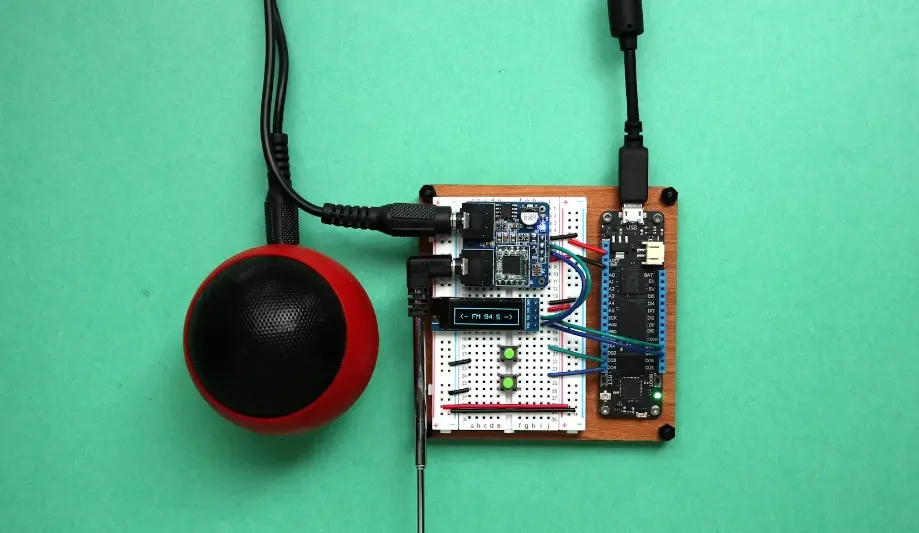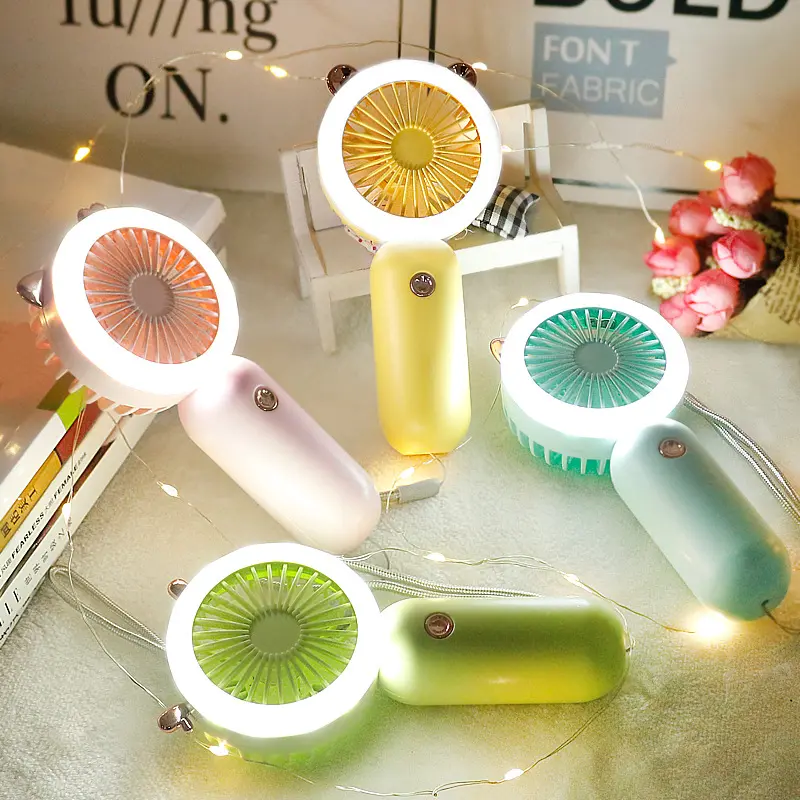
FCC-ID: Still Needed if Module is Certified?
The client manufactures electronic door locks and uses a purchased Bluetooth module. The supplier has already obtained an FCC-ID certificate for the Bluetooth module. Now the client intends to export the complete product (Bluetooth smart lock) to the United States. Is it necessary to apply for a separate FCC-ID for the whole device?

Core Requirements of FCC Certification
Whether the Bluetooth smart lock needs a separate FCC-ID certification depends on FCC rules for modular devices. Key points include:
1. Scope of FCC-ID:
- Any electronic device with wireless transmission (Bluetooth, WiFi, ZigBee, etc.) sold in the U.S. must obtain FCC-ID certification.
- The complete product must have a unique fcc identifier on its label.
2. Rules for Modular Devices:
- If the Bluetooth module is already FCC-ID certified and meets FCC Modular Approval conditions, the host device may not need new certification.
- If the module does not meet those conditions or the host device design affects RF performance, then full FCC-ID certification for the entire product is required.
Key Evaluation Criteria
Criterion 1: Does the module meet Modular Approval requirements?
According to FCC KDB 996369, the following must be met:
- The module must have RF shielding.
- It must have a fixed antenna or standardized connector (e.g., U.FL).
- Power supply must be voltage-regulated.
- It must pass all FCC tests (power, frequency, spurious emissions).
- The grantee must sign a Modular Approval Declaration.
If these are not fully met, full FCC-ID certification for the host device is required.
Criterion 2: Does the host device affect RF parameters?
Even if modular approval exists, changes may still require re-certification:
- Changing antenna type, layout, or gain.
- Host circuits (like motors or displays) cause RF interference.
- Metal casing or layout causes RF signal attenuation beyond certified levels.
Recommended Actions
Scenario 1:
Module meets Modular Approval conditions AND host device does not change RF performance
→ No need to apply for a new FCC-ID
Actions:
- Label the device with the module's FCC-ID (e.g., FCC ID: XXXXXXXX).
- User manual must state: "This device contains FCC ID: XXXXXXXX."
- Conduct fcc part 15B testing for EMC and apply for SDoC (Supplier’s Declaration of Conformity).
Scenario 2:
Module does not meet Modular Approval OR host design affects RF
→ FCC-ID certification for the complete device is REQUIRED
Steps:
- Submit application to a TCB (Telecommunication Certification Body).
- Provide the module's FCC-ID certificate and test report.
- Test the complete product for Part 15C (RF) and 15B (EMC).
- Obtain a new FCC-ID for the complete product and label it accordingly.
Compliance Risks
Warning 1: Improper FCC-ID use
If a host device does not meet Modular Approval criteria but uses the module’s FCC-ID, it may be detained at customs or fined by the FCC (up to $21,928 per day).
Warning 2: Labeling and documentation
Even if a new FCC-ID is not required, labeling and user documentation must comply with FCC regulations. Non-compliance can still result in penalties.
Summary of Key Factors:
- If the module meets Modular Approval:
→ No need for new FCC-ID; just label and SDoC (Part 15B)
- If the module does not meet Modular Approval:
→ Full deviCE certification (FCC Part 15B + FCC Part 15C) and new FCC-ID required
- If the host device affects RF parameters:
→ Full device certification (Part 15B + Part 15C) and new FCC-ID required
Email:hello@jjrlab.com
Write your message here and send it to us
 Wireless Microphone Export Certification
Wireless Microphone Export Certification
 Audio-Visual Products SNI Certification in Indones
Audio-Visual Products SNI Certification in Indones
 FCC-ID: Still Needed if Module is Certified?
FCC-ID: Still Needed if Module is Certified?
 FCC Certification Fees for Handheld Fans
FCC Certification Fees for Handheld Fans
 FCC Certification Testing for Smart Lighting Produ
FCC Certification Testing for Smart Lighting Produ
 What is the ETSI EN 303 645 Testing Standard?
What is the ETSI EN 303 645 Testing Standard?
 UL Compliance and ETL Certification for LED Lighti
UL Compliance and ETL Certification for LED Lighti
 What is the IEC 60598 Standard?
What is the IEC 60598 Standard?
Leave us a message
24-hour online customer service at any time to respond, so that you worry!




